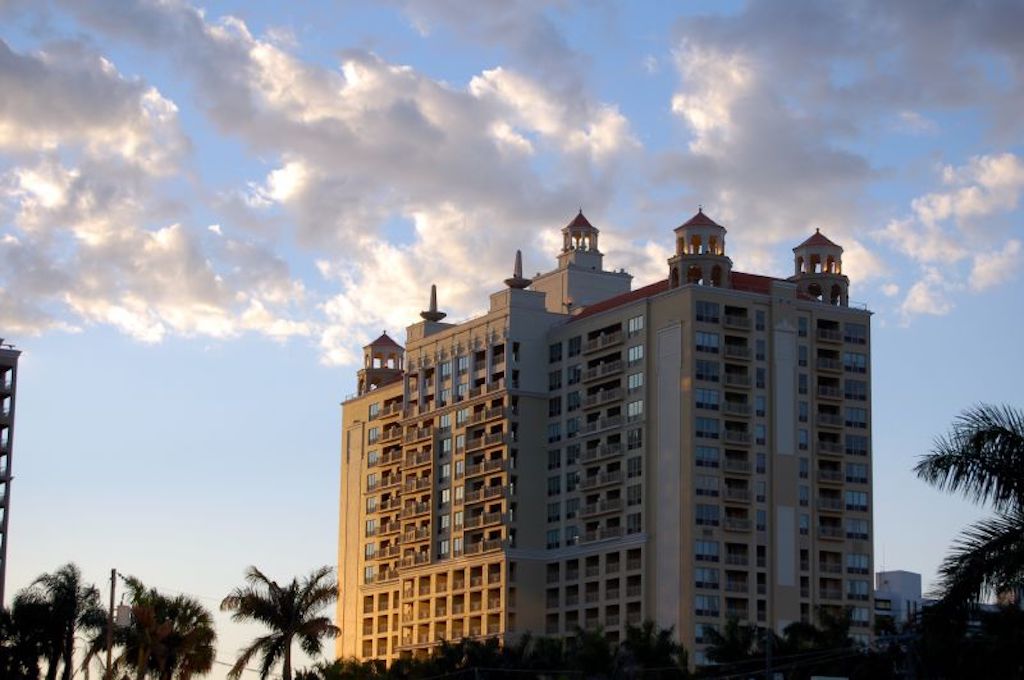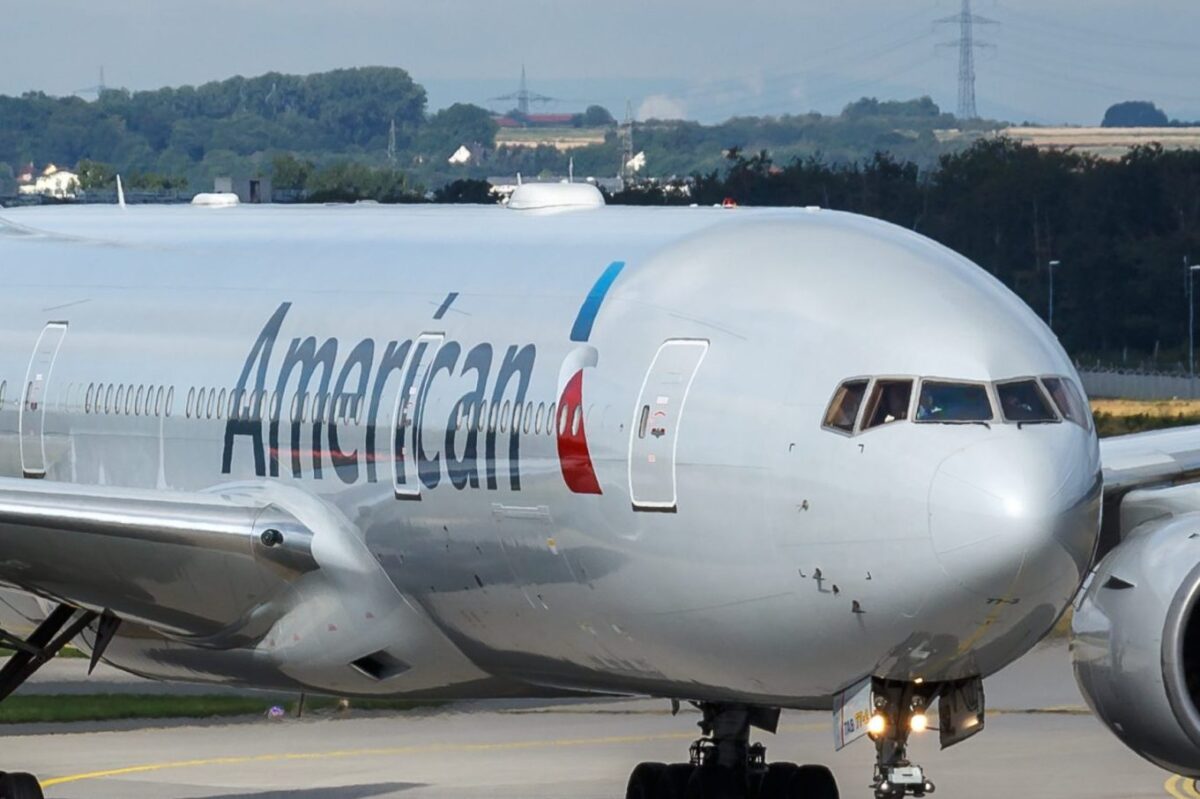The Delicate Balance for Hotel Owners in This Crisis Between Defaulting and Protecting a Portfolio

Skift Take
Not all of Dallas hotelier Monty Bennett’s hospitality companies are in as much debt as Ashford Hospitality Trust. But that doesn’t mean they aren’t looking for similar financial relief during the coronavirus crisis.
Braemar Hotels & Resorts is part of the trio of Bennett’s companies — the others being Ashford Trust and Ashford Inc. — that collectively were among the biggest beneficiaries of a $660 billion coronavirus relief fund aimed at small businesses. Bennett returned the money after receiving intense scrutiny over whether the cash-rich companies needed the small business loans. Braemar’s leaders looked to protect cashflow by temporarily shutting down 11 of the lodging real estate investment trust’s 13 hotels as well as defaulting loans.
“I’d say when our business started to really slow down, it happened very quickly and there was a lot of uncertainty in what the future would look like,” said Braemar Chief Financial Officer Deric Eubanks, who holds the same title at Ashford Trust, Friday on a first quarter earnings call. “We went into cash conservation mode.”
Get the Latest on Coronavirus and the Travel Industry on Skift’s Liveblog
Braemar did not make principal or interest payments on “nearly all” of its hotel loans beginning April 1, according to the company’s first quarter earnings report released Thursday afternoon. The company lost $15.5 million in the first quarter, and revenue per room for the company’s 13 hotels declined nearly 15 percent in the same time frame.
Braemar’s $1.1 billion in mortgage loans is less than Ashford Trust’s $4.1 billion in mortgages, but Braemar is also a smaller company, with 13 hotels compared to Ashford’s 116 properties. Unlike Ashford, Braemar’s leaders hinted they were having better success in negotiating forbearance terms with lenders. Ashford Trust CEO J. Robison Hays said on a Thursday earnings call forbearance talks with lenders were “very frustrating.”
Braemar CEO and President Richard Stockton had a different tone with respect to his company’s lenders, calling talks “extraordinarily” constructive and that lenders were being patient. He did not provide details on forbearance terms being discussed, but Eubanks on Thursday repeatedly mentioned Ashford was seeking three to six-month terms.
“As Deric said, we panicked early in the abundance of caution,” Stockton said. “Given the lack of clarity of the duration of this crisis, it was absolutely the right thing to do. There’s still more wood to chop.”
Stockton may have had a different experience with forbearance talks, but, like Hays with Ashford Trust, he did not mention Braemar’s association with the Paycheck Protection Program scrutiny during Friday’s earnings call.
Off the Table
Ashford Trust’s leadership said everything was on the table with respect to financially saving the company, including giving up assets in the 113-hotel portfolio. Hays indicated forbearance time would be used more for determining which assets to protect and which would be shed instead of hoping the three to six months would allow a financial recovery.
Stockton didn’t share that asset-shedding mindset Friday.
Braemar ended the first quarter with nearly $142 million cash on hand and has enacted cost-savings measures like staff furloughs, temporarily closing a bulk of its portfolio, and renegotiating or cancelling service contracts. Company leaders briefly considered selling assets to shore up more liquidity.
“When we first caught site this tidal wave was heading toward us, we went into the market to test the [hotel property sales] appetite,” Stockton said. “Demand for hotel assets collapsed very quickly.”
The hotel real estate market isn’t as dead as one may think, according to Braemar’s chief executive. But buyers are expecting significant price discounts. Well-capitalized private equity funds and family offices are still looking to deploy capital into hotel assets. But their pricing expectations are around 30 to 40 percent below pre-coronavirus valuations, Stockton said.
“For us, given our strong liquidity position, we felt it wasn’t necessary to sell assets at that prices,” he added. “For that level of pricing, we felt there were other options out there to generate liquidity that were more favorable.”




